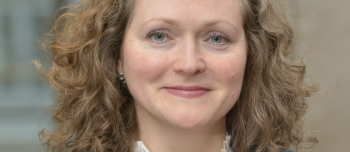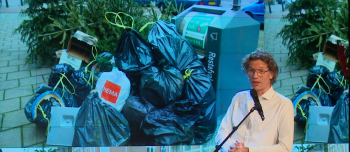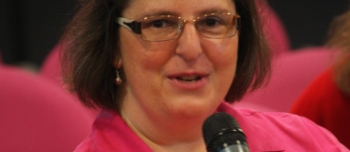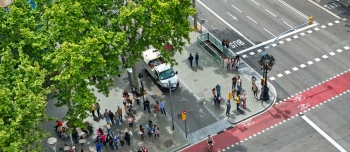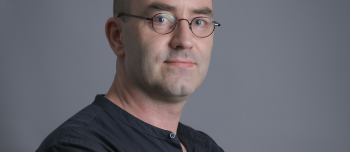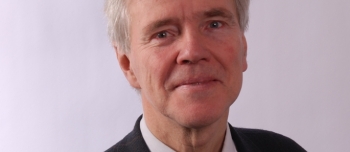Closer Cities aims to create a bridge between urban science and urban practice. By collecting cases on urban practice, analysing them on the shoulders of urban science and sharing research outcomes, urban knowledge becomes shareable. In the ‘5 questions’ series, we ask scientists to briefly reflect on their research and the shareability of their insights and projects
1. What is the main focus of your research (topic, theme, SDG, region)?
DFG KOPRO Int: Concepts of Co-production and its influence on the development of inclusive spaces – An international comparative study on theories and practices. DFG KOPRO Int is built in the frame of an international study and refers to different forms of co-production practices. It investigated interdependencies and benefits and specific new instruments of collaborative structures that are currently being developed and tested in projects. It focuses on what urban impacts cooperative approaches can manifest to socio-spatial material consequences.
2. Can you give a brief description of your research?
Co-production is widely recognised to play a powerful role in supporting the achievement of the UN Sustainable Development Goals and improving living conditions in urban areas. However international research debates are concerned with the development and the spatial results. A clear agenda is formulated:
To research the interdependencies and benefits of different forms of co-production development, especially with regard to its social-spatial processes and in particular its in- or exclusionary effects on urban development. In addition, the actual literature on urban governance (planning governance) and cooperative urban development are mostly limited to emphasizing the importance of new actor structures and networks. The questions of which specific new instruments of participation/ cooperation are currently being developed and tested in projects, and what urban impacts cooperative approaches can manifest, remain unanswered. This is the starting point for this research project that aims to make an innovative and substantial contribution to the various debates on co-production in planning and development by focusing on the negotiation processes (Governance) between different stakeholders, by network analysis, and by researching socio-spatial material consequences.
3. How much influence does ‘local context’ have in your field of work? Can results or solutions from your research be shared with other regions easily, and why?
Strong Influence: The (local) neighbourhoods become a new planning action space that works with the activation of local resources and spatial organizational principles.
4. What are the main lessons learned that can be used by urban initiatives?
-Actors: The achievement by a set of interdisciplinary actors and multiple stakeholders including the public, privates, civil society, and communities.
- Processes: How a resource is together distributed and created and shaped mixed by different logics, as professional and practical logics reflects on a process-based perception of the context.
-Access: as to understand that access to knowledge and its exchange is the prerequisite for its production and enhancing arenas for inclusion
-Spaces: A reflection on the different operative fields such as urban areas, public spaces, housing issues, even public buildings, evidence fields of synergies, and cross fertilization between cultural agents and financial sources from different sectorial policies.
5. How do you think cities can implement these lessons?
The growing number of bottom-up spaces recently has challenged policymakers on how to best support these initiatives planners and architects. In addition to state-led new governance models and participation opportunities, a new generation of city entrepreneurs seeks to define their work and living environments to meet their needs and aspirations in a collaborative and commons-based way. In particular in a field, as international discourse are presenting where the arrival of private investors as key players in urban development practice and the simultaneous withdrawal/absence of the state has led to a more complex network of participating actors and conflictive urban development patterns in various forms, in which strategies to guarantee the influence of societies' interests- space productions are needed.

